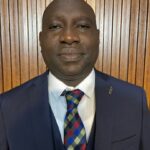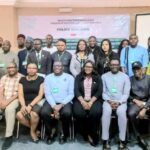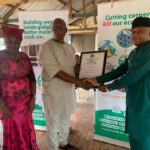Elections: Be strategic in communication, INEC tells officers
By Adeyemi Adeleye Ahead of the 2023 general elections, the Independent National Electoral Commission (INEC) has challenged its Heads of Department, Voter Education as well as Publicity and Public Affairs Officers to be strategic in communications Mr Festus Okoye, INEC National Commissioner and Chairman, Information and Voter Education Committee,Continue Reading










